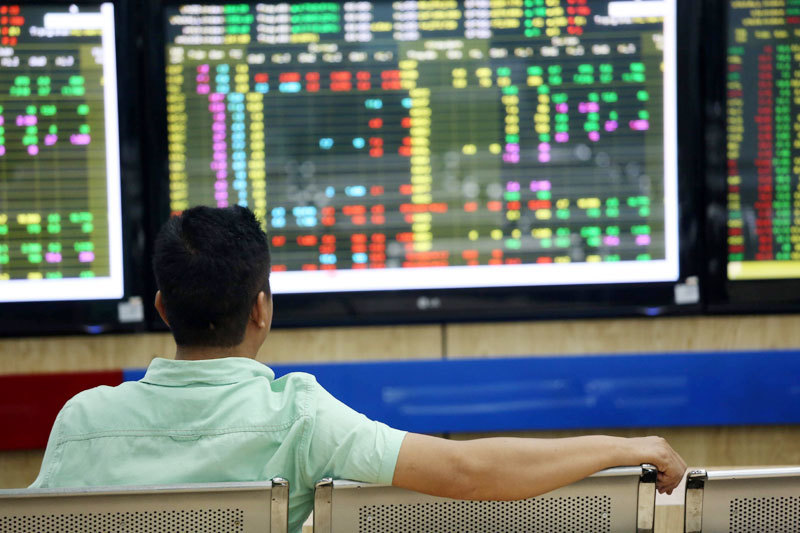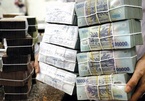
Vietnam’s stock market continues to be an attractive investment channel from now on until late 2021, especially as factors that help attract capital to flow into the market would remain unchanged.
The Vietnam Financial Consultant Association (VFCA) made the assessment in its latest report on the local stock market.
According to the VFCA, in the face of the serious nature of the fourth Covid-19 outbreak and the rollout of the vaccination program, scheduled to complete by late 2022, more investors would join the stock market.
“Meanwhile, the fact that international organizations providing a positive outlook on the local economy with estimated GDP growth of 6.5-7.1% would further support market development,” it added.
The VFCA also pointed out the current low-interest environment as a factor for people to look for investment channels, including the stock market, with higher profit returns.
“The State Bank of Vietnam (SBV) is expected to maintain its current interest rate policies to support people and businesses affected by the pandemic,” stated the VFCA.
Another factor is that local enterprises have gradually adapted to a new normal, while major markets in the Europe and US are recovering.
In the first quarter, the pre-tax profit of listed non-financial firms surged by 157% year-on-year. Given the low base of the last second quarter, “their profits are expected to continue rising sharply in this second quarter,” it added.
“A strong profit growth in the second quarter of Vietnamese enterprises would help improve the price to earnings (P/E) ratio of the benchmark Vn-Index and serves as motivation for the capital inflows to be channeled into the stock market,” stated the VFCA.
At present, Vn-Index’s P/E is in the range of 18.5-18.7x, considered not expensive compared to those of neighboring countries such as Thailand, Indonesia, and Malaysia at 29-30x.
“The ratio is forecast to moderate to 17x once business results of public firms in the second quarter are disclosed,” asserted the VFCA.
Investors face risks in short-term
The Vn-Index rose by 7% in May to 1,328.05 and continued to go up to 1,374.05 on June 4. With market sentiment on the rise, liquidity saw a four-fold increase from VND7 trillion (US$301 million) in 2020 to VND28 trillion (US$1.2 billion) in the past few trading sessions.
“Individual investors dominated the market and were the decisive factor behind the market growth,” it said.
The huge capital inflows from local investors were enough to offset the negative impacts of a record net-sell amount of VND30 trillion (US$1.3 billion) since early 2021 from their foreign peers and take the Vn-Index to a new height.
“The mid-term outlook of the market remains bright, but in the short-term, investors may face certain risks,” stated the VFCA.
“As the market expands at a rapid rate of nearly 10% in the past month with a strong boost from stocks of steel, banks, and securities company have heightened the risk of correction,” it added.
However, the VFCA said a short correction phase to calm down the market is “a good thing” for Vietnam’s stock market in the long term.
With the majority of capital in the market coming from new investors, aka F0, the VFCA expects the market would be extremely vulnerable to negative information.
“Lack of financial knowledge and emotional investing could lead to many suffering losses while the market continues to rise,” the VFCA warned.
The association also noted that the foreign investors would keep pulling the money out of the stock market could also pose long-term risks.
Source; hanotimes

Bank deposit interest rates up, as stock market, real estate investing risky
Depositing money at banks is currently the safest and most profitable investment channel, as Covid-19 developments remain complicated and the stock market is "hot" and, thus, risky.